In Fig ., ABCDE is a pentagon . A line through B parallel to AC meets DC produced at F . Show that
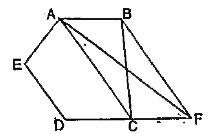
ar (ACB)=ar (ACF) Solution in Punjabi
Step by step video & image solution for In Fig ., ABCDE is a pentagon . A line through B parallel to AC meets DC produced at F . Show that ar (ACB)=ar (ACF) by Maths experts to help you in doubts & scoring excellent marks in Class 9 exams.
Updated on:21/07/2023Topper's Solved these Questions
- AREAS OF PARALLELOGRAMS AND TRIANGLES BOOK - SWAN PUBLICATIONCHAPTER - AREAS OF PARALLELOGRAMS AND TRIANGLES EXERCISE - EXERCISE 9.4
21 Videos
- AREAS OF PARALLELOGRAMS AND TRIANGLES BOOK - SWAN PUBLICATIONCHAPTER - AREAS OF PARALLELOGRAMS AND TRIANGLES EXERCISE - OBJECTIVE TYPE QUESTIONS
20 Videos
- AREAS OF PARALLELOGRAMS AND TRIANGLES BOOK - SWAN PUBLICATIONCHAPTER - AREAS OF PARALLELOGRAMS AND TRIANGLES EXERCISE - EXERCISE 9.2
8 Videos
- CIRCLESBOOK - SWAN PUBLICATIONCHAPTER - CIRCLESEXERCISE - Objective Type Questions (Fill in the Blanks :)
10 Videos
Similar Questions
Parallelogram ABCD and rectangle ABEF are on the same base AB and have equal areas. Show that the perimeter of the parallelogram is greater than that of the rectangle.
View SolutionState whether the following statements are true (T) or false (F) :
If A and B are two congruent figures then their areas will be equal .
View SolutionIn Fig ., ABCD is parallologram , AE⊥DCandCF⊥AD . If AB= = 16 cm , AE = 8 cm and CF = 10 cm , find AD .
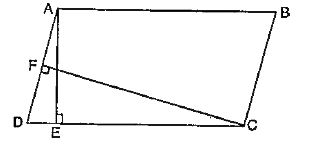
View Solution............... is the longest chord of the circle.
View SolutionDetermine the point of symmetry of a regular hexagon.
View SolutionMatch the following Column A to Column B
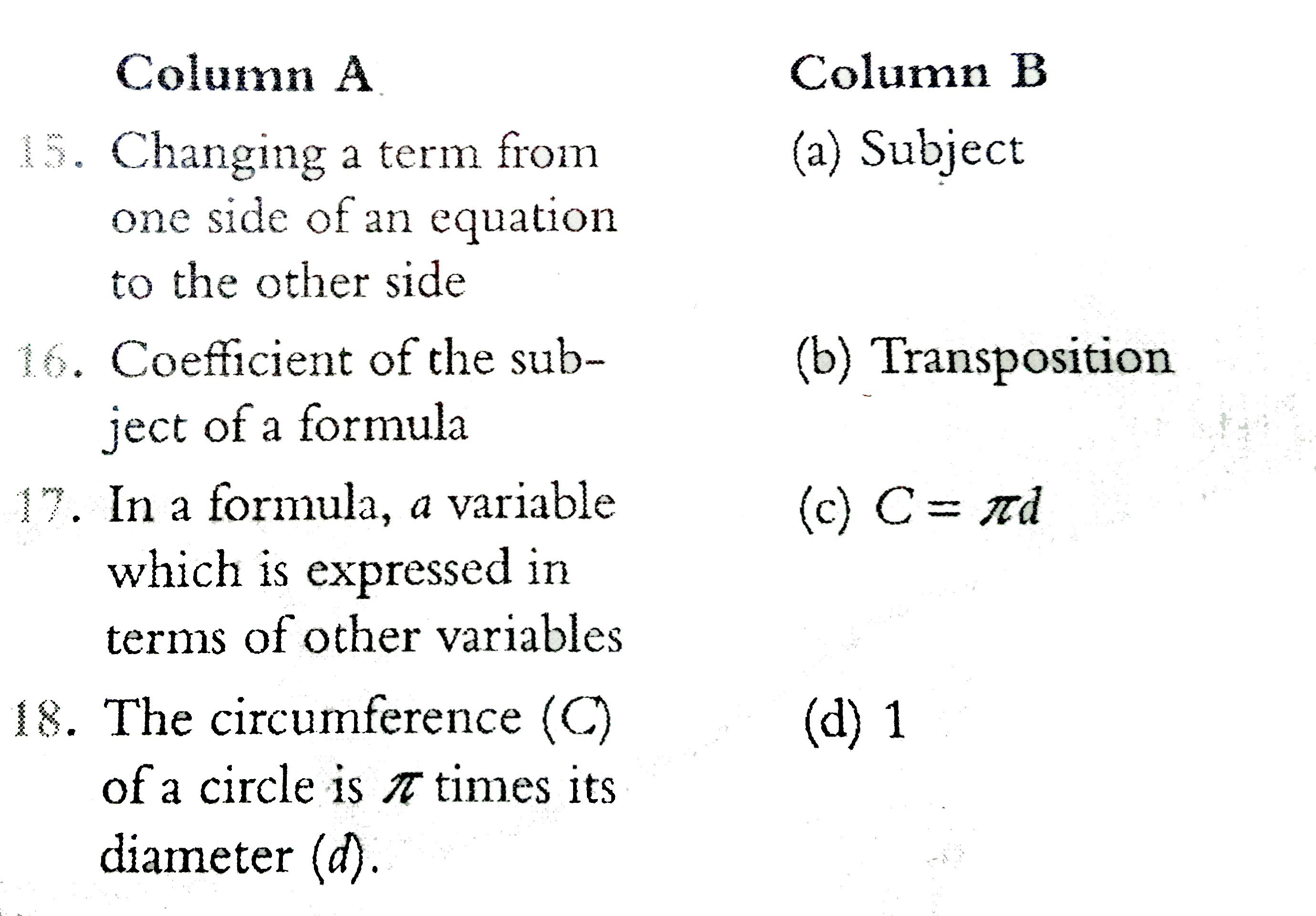
View SolutionMatch the following Column A to Column B
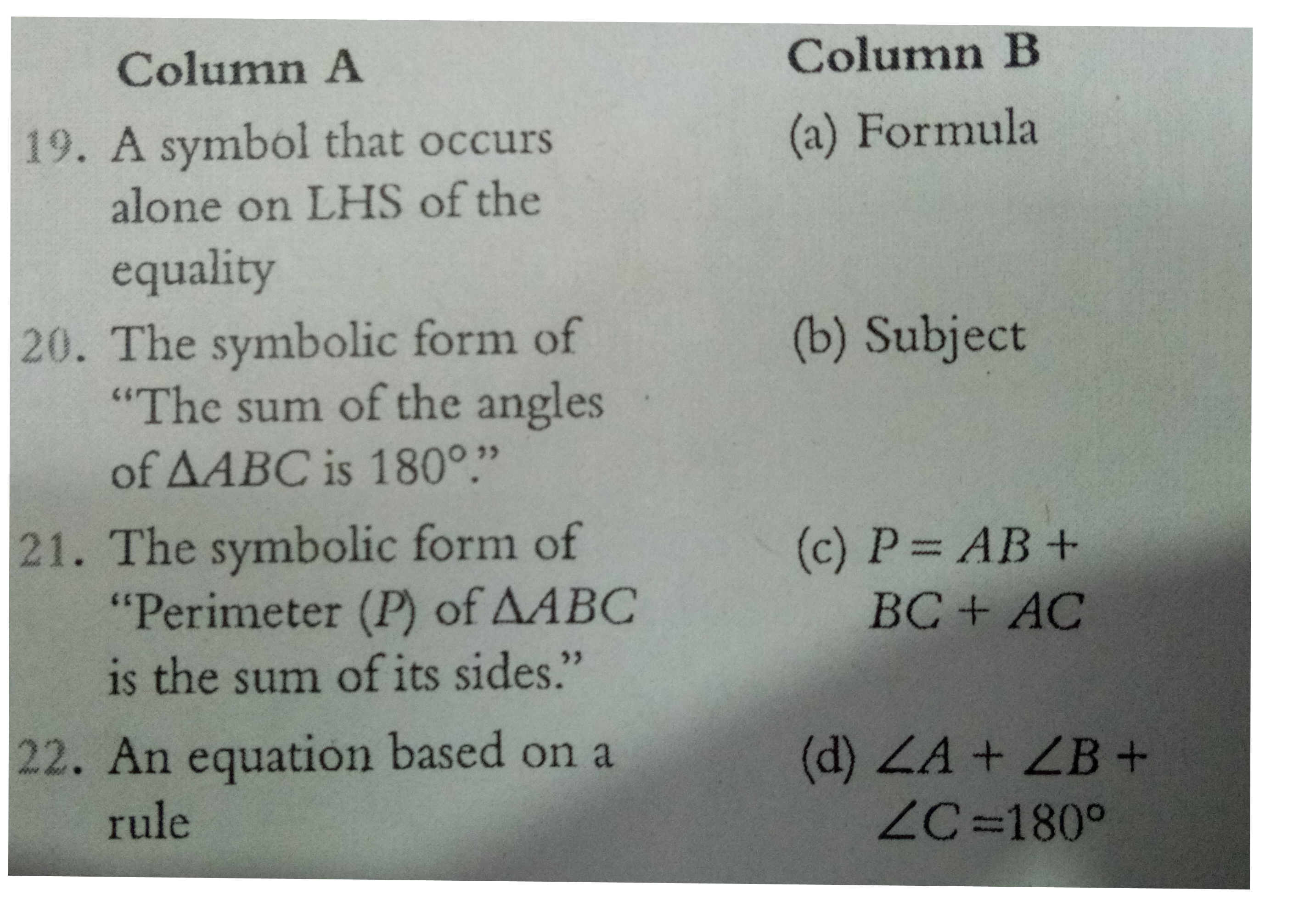
View SolutionMatch the following Column A to Column B
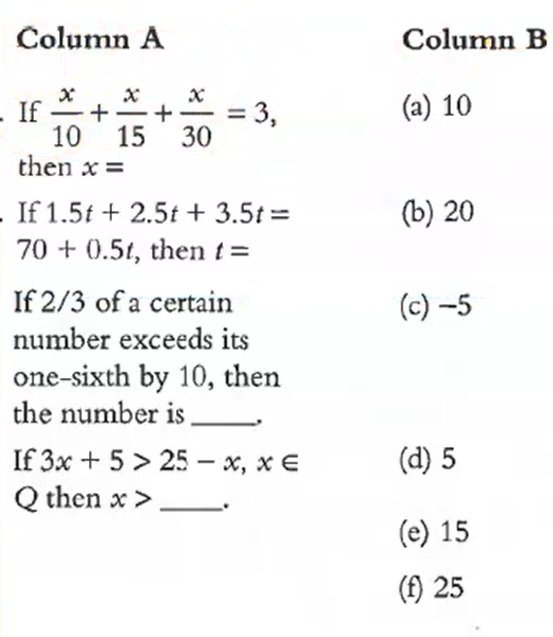
View SolutionThe inequation represented by the graph given below is :
View SolutionThe inequation that best describes the graph given below is _________
View SolutionThe inequation that best describes the following graph is _________
View Solutionआकृति में ABCDE एक पंचभुज है । B से होकर AC के समांतर खींची गई रेखा बढ़ाई गई DC को F पर मिलती है दर्शाइए कि
(i)ar(ACB)=ar(ACF)
(ii)ar=(AEDF)=ar(ABCDF)
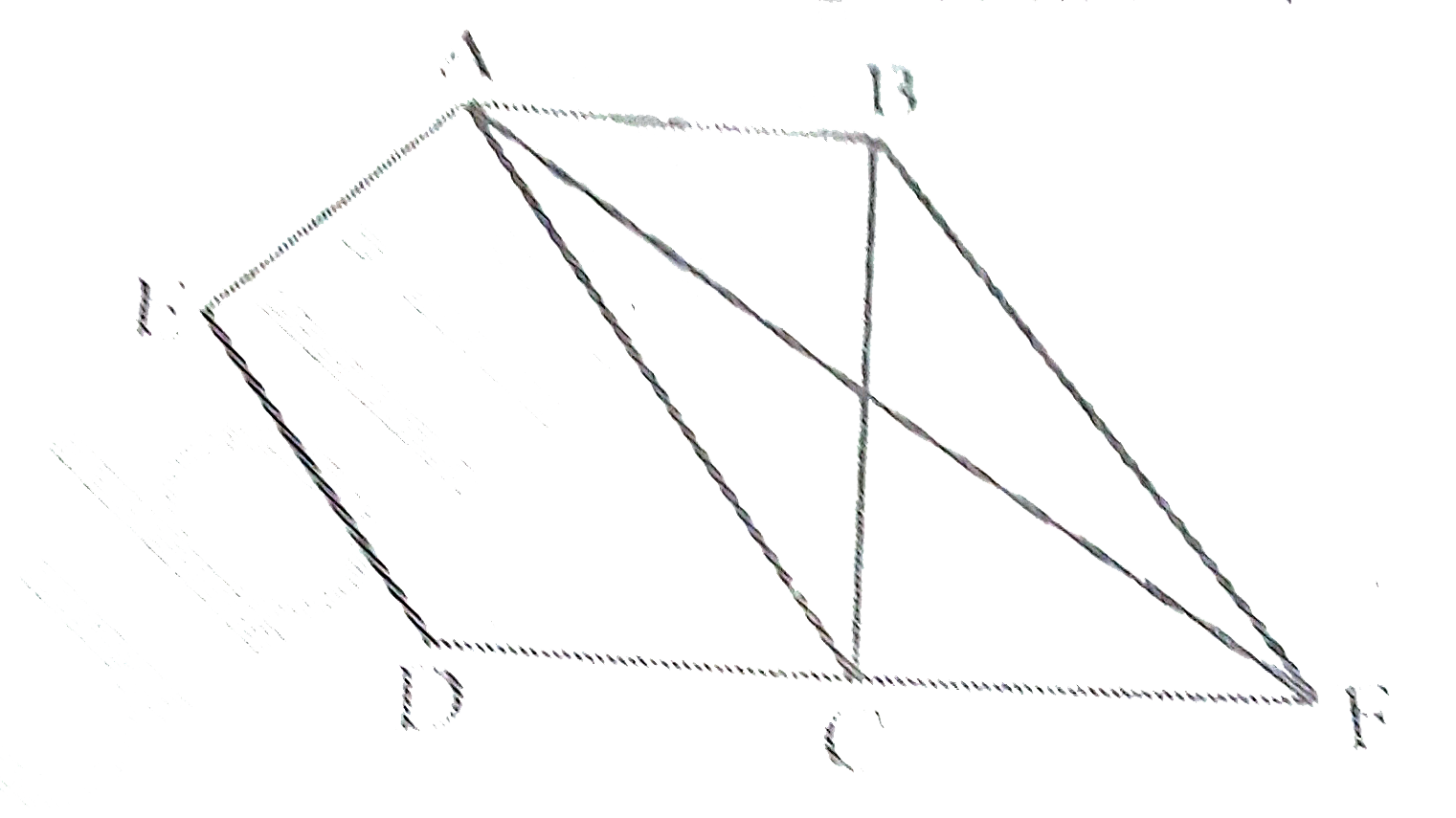
View Solutionदिए गए आकृति में ABCDE एक पंचभुज है| B से होकर AC के समांतर खींची गई रेखा बढ़ाई गई DC से F पर मिलती है |दर्शाइए की
(1)ar(ACB)=ar(ACF)
(ii)ar(AEDF)=ar((ABCDE)
(##KCSHINMATIXC11SLV029_Q01##)
View SolutionIn, ABCDE is a pentagon. A line through B parallel to AC meets DC produced at F. Show that
(i)ar (ACB) = ar (ACF)
(ii)ar (AEDF) = ar(ABCDE)
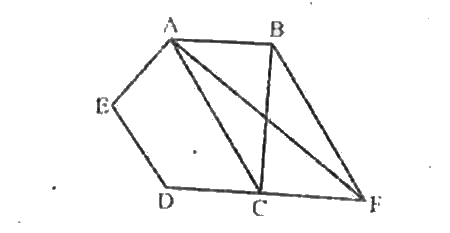
View SolutionIn the figure, ABCDE is a pentagon. A line through B parallel to AC meets DC produced at F. Show that
(i) ar (ACB) = ar (ACF)
(ii) ar (AEDF) = ar (ABCDE)
View SolutionIn the figure, ABCDE is a pentagon. A line through B parallel to AC meets DC produced at F. Show that (i) ar (DeltaACB) = ar (DeltaACF) (ii) ar (AEDF) = ar (ABCDE)
View Solution
